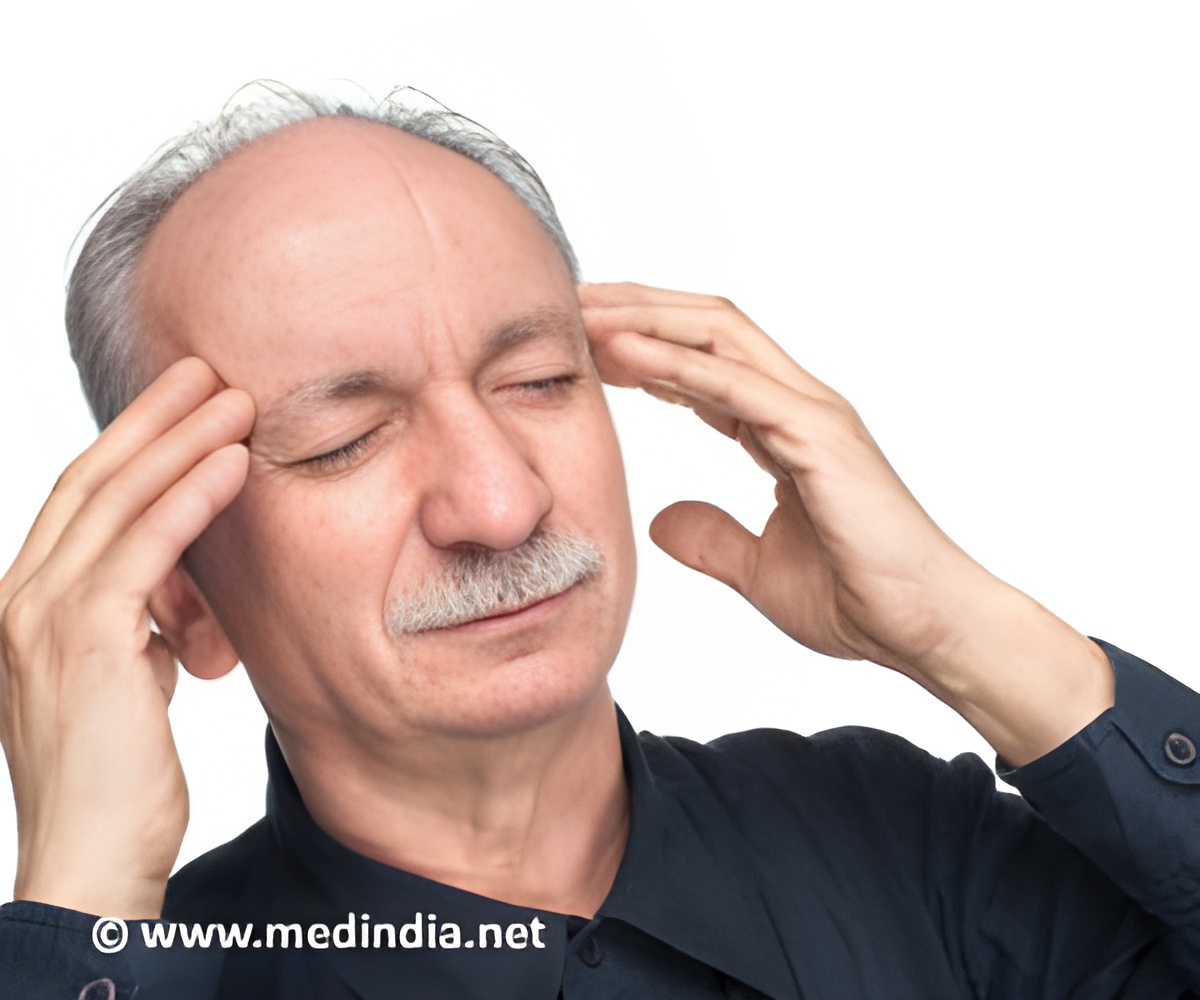
Karina W. Davidson, Ph.D., of the Columbia University College of Physicians & Surgeons, New York, and colleagues sought to determine the effects of providing post-ACS depression care on symptoms and health care costs in a multicenter randomized controlled trial.
A total of 150 patients were divided into two groups for six months of treatment. Of the patients, 73 were enrolled in the intervention group in which they could receive centralized depression care that was based on patient preference for problem-solving treatment given by telephone or the Internet, medication, both or neither. The other 77 patients were enrolled in the usual care group in which they were free to obtain depression from their primary care physician, cardiologist or any other health care practitioner, according to the study.
"For patients with post-ACS depression, active treatment had a substantial beneficial effect on depressive symptoms. This kind of depression care is feasible, effective and may be cost-neutral within six months; therefore, it should be tested in a large phase 3 pragmatic trial," the study notes.
According to study results, depressive symptoms decreased significantly more in the active treatment group than in the usual care group (differential change between groups, -3.51 BDI [Beck Depression Inventory] points. Mental health costs were higher for the active treatment group than for the usual care group (adjusted change, $687), while average hospital costs were lower in the intervention group (adjusted change, -$1010). As a result of the offset, overall health care estimated costs in the study intervention group were not statistically different than in the comparison group (adjusted change, -$325), according to the results.
"A large phase 3 trial would inform evidence-based depression treatment guidelines for patients with an ACS, and even has the tantalizing possibility of answering the important question of whether treating depression in patients with ACS lowers mortality and recurrence rates," the study concludes.
Advertisement













